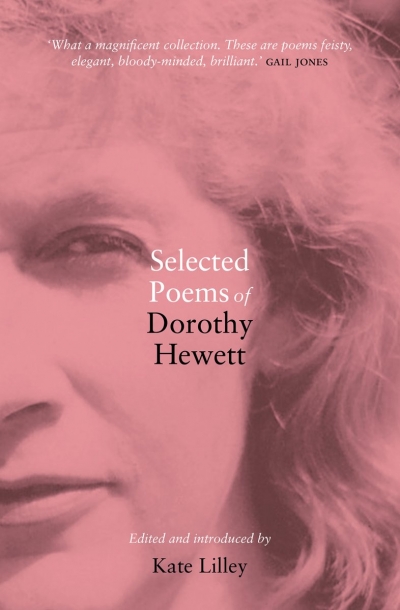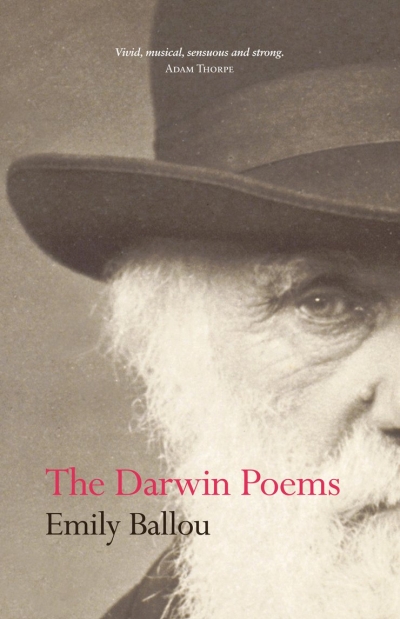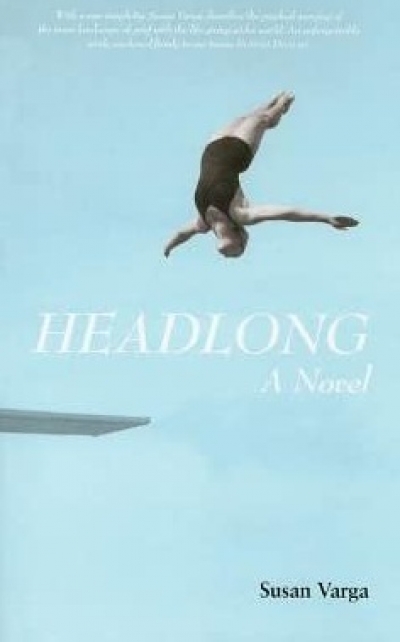Accessibility Tools
- Content scaling 100%
- Font size 100%
- Line height 100%
- Letter spacing 100%
UWA Publishing
The Lure of Politics: Geoff Gallop’s Government 2001–2006 by Lesley van Schoubroeck
by Clement Macintyre •
Australia’s feisty first female High Court judge
John Bryson
From Moree to Mabo: The Mary Gaudron Story
by Pamela Burton
UWA Publishing, $49.95 pb, 511 pp, 9781742580982
H.V. Evatt, on the hustings during an election campaign, was asked by an eig ...
Palestine Betrayed by Efraim Karsh & Gaza edited by Raimond Gaita
by Peter Rodgers •
Look Who’s Morphing by Tom Cho & Why She Loves Him by Wendy James
by Adam Rivett •
Je Suis Australienne: Remarkable women in France, 1880–1945 by Rosemary Lancaster
by Ros Pesman •







